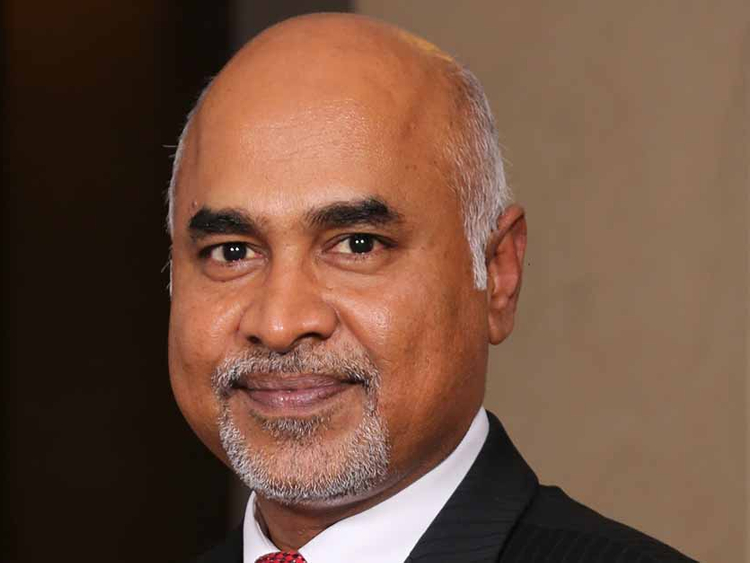
Gone are the days of packing your children off to school and expecting little or no contact with the teachers, save for the obligatory parents evening and perhaps a meeting or two. These days, it would appear parents are much more likely to be involved in their child’s education, whether through having input on policies and procedures or making sure classroom learning is continued at home.
James Mullan, Co-founder of international schools advisory website Whichschooladvisor.com, says UAE parents have definitely become more involved in their children’s education recently. “Educators talk about the education triangle, within which the elements are parents, children and the school itself,” he explains. “Parents in the UAE have definitely become more involved in the past five years, perhaps because schools are fee-paying and parents naturally want to take an interest to ensure they are getting what they’re paying for.”
Tania Siddiqui, Founder and Managing Director of Masterminds Education, agrees. “Earlier, parental involvement in schools was not much more than the summation of a parent-teacher conference or an open house,” she says. “However, over the years schools have realised the importance of parental involvement.”
Ramesh Mudgal, Principal at Dubai’s Global Indian International School, says a strong parent-school bond is vital. “We must nurture a healthy system where parents, teachers and the students are working together to create complete synergy for learning that goes beyond the class,” he says.
“Education within the classroom must that is not possible without having the parents involved in their children’s education.”
Parameters, however, must be established from the outset, Mullan says, to prevent any misunderstandings. “Schools simply cannot put up with parents misbehaving and disrupting their operations,” he explains.
“Parental involvement must be managed, with clear rules on parent-school interaction, appropriate means of communication, forums for interaction and acceptable behaviour.”
The rise of social media is an important factor in parent-school relations, says Mullan, and its use can lead to some parents who are unhappy having a disproportionately loud voice. “Social media has become a popular way of parents venting, when it would be better for them to contact the school directly to air any grievances,” he explains.
“Some schools have even found themselves having to implement policies such as no WhatsApp groups or no Facebook groups, as a result of parents using social media to try to resolve issues.”
Noorain Asad, 42, from India and mum to two teenagers, says whether or not a school allows parental involvement would definitely be a factorwhen making the choice of where to send her children.
“A child spends only 5-6 hours at school and much more at home, so unless they have guidance — which translates to involvement — at home they won’t be able to realise their true potential. An effective school-parent relationship helps children perform better.”
Some teachers feel there is definitely a limit to how much involvement parents should have, especially when it comes to the actual running of the school and other important matters. “It’s fine for us to have an open-door policy and encourage parents to come to us whenever they feel they need to discuss their child’s welfare or progress,” says a teacher from a British-curriculum school in Sharjah who did not wish to be named.
“It’s definitely helpful to have parental input on issues such as homework policies and how we deal with discipline, but we run into issues when a parent feels they know better than us as education professionals and tries to interfere or force us to make changes we know aren’t in the children’s best interests.”
Not all schools have been happy with this shift towards greater parental involvement, Mullan finds, although resistance would appear futile. “For some schools it has definitely been uncomfortable, but it is the new reality, so they are having to manage it,” he says. “And studies have shown parental involvement — as long as it is supportive, helping the teachers, engaging in an appropriate way — is of great benefit to children in their education. Schools that have open, transparent communication with their parents and are clear about their forums for communication tend to be very successful and fare the best.”














